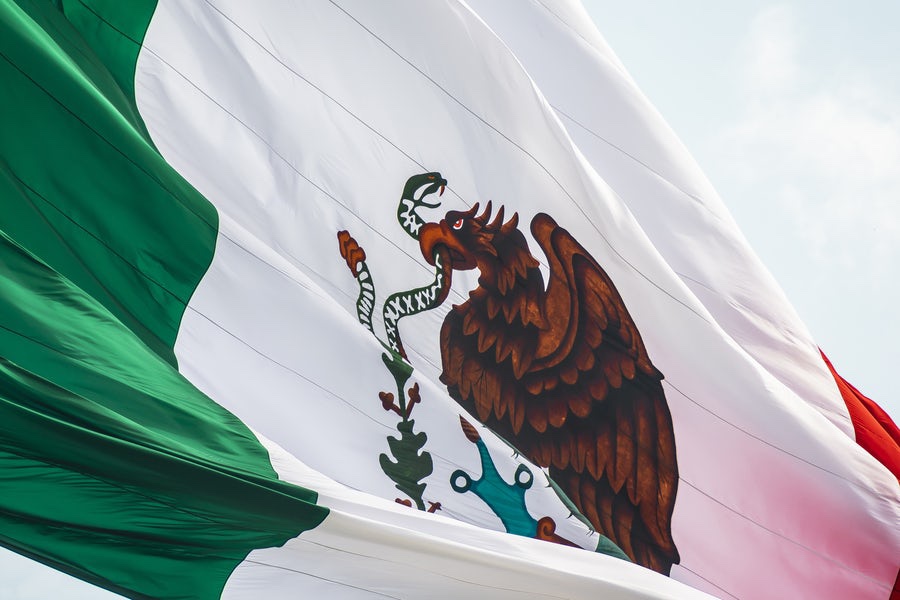President Donald Trump has dropped the threat of tariffs against Mexico and in exchange the Mexican government has agreed to implement steps to address Central American migration
The White House had threatened to impose the new 5% tariffS on all Mexican goods on Monday, however certain last minute concessions made late yesterday should be sufficient to prevent them from coming into force.
Mexico’s foreign minister, Marcelo Ebrard, said his country will send up to 6,000 National Guard troops to its border with Guatemala, and also agreed to a 45-day period to prove that his country’s increased enforcement efforts were effective in reducing the movement of people. If these concessions fail, Mexico has agreed to consider a long-standing US demand that Central American asylum seekers crossing through Mexico apply for refuge there, and not the US, making Mexico a so-called “safe third country”.
Mexico’s response is indicative of the concern with which Mexican officials, politicians and businesses owners viewed the potential threat of tariffs and the impact the imposition of such tariffs would have had on their economy. The compromise agreement will still create substantial burdens on Mexico.
The National Guard is a new institution that was only recently created and approved by Mexico’s Congress in a bid to improve its internal security. It is still in the process of being formed and it is not anticipated that the Guard will be fully functional until 2021. Changing the use of the security force to patrolling the border will hinder the country’s internal security and have a negative effect on the its law and order.
To enable Mexico to act as a “safe third country”, changes will have to be made to its migration laws, a decision that will have to be considered and consented to by Mexican legislators. Mexico may also not be able to cope if more migrants arrive and stay in that country rather than move on to the US as currently has limited resources for dealing with the influx and the government has cut its budget for the immigration and refugee programme under an austerity programme.
Minister Ebrard has suggested that other Latin American countries should share the burden of controlling Central American migration.




